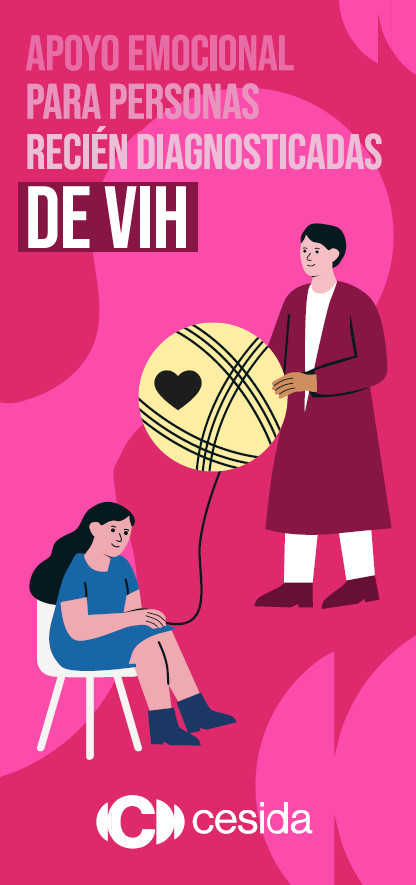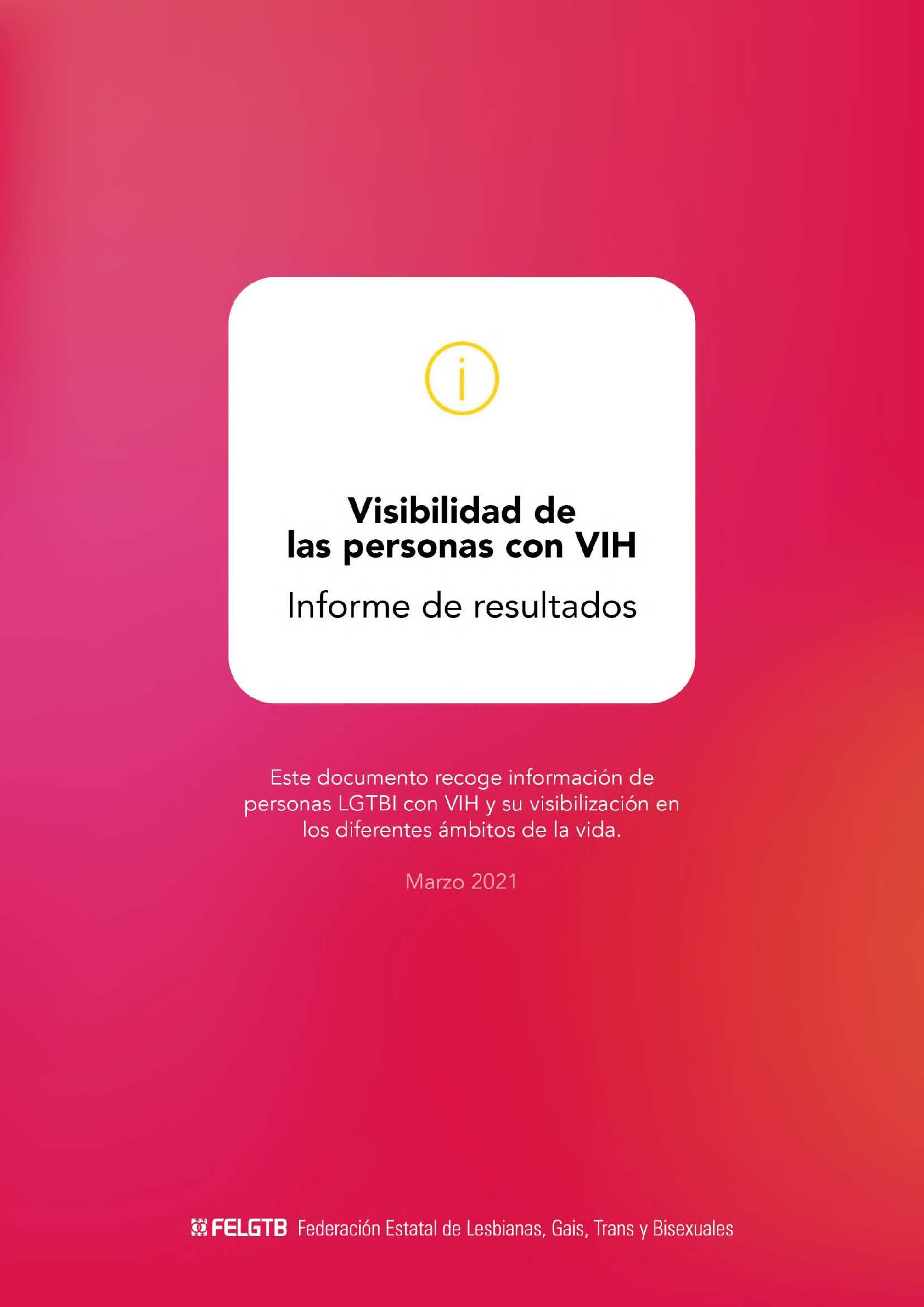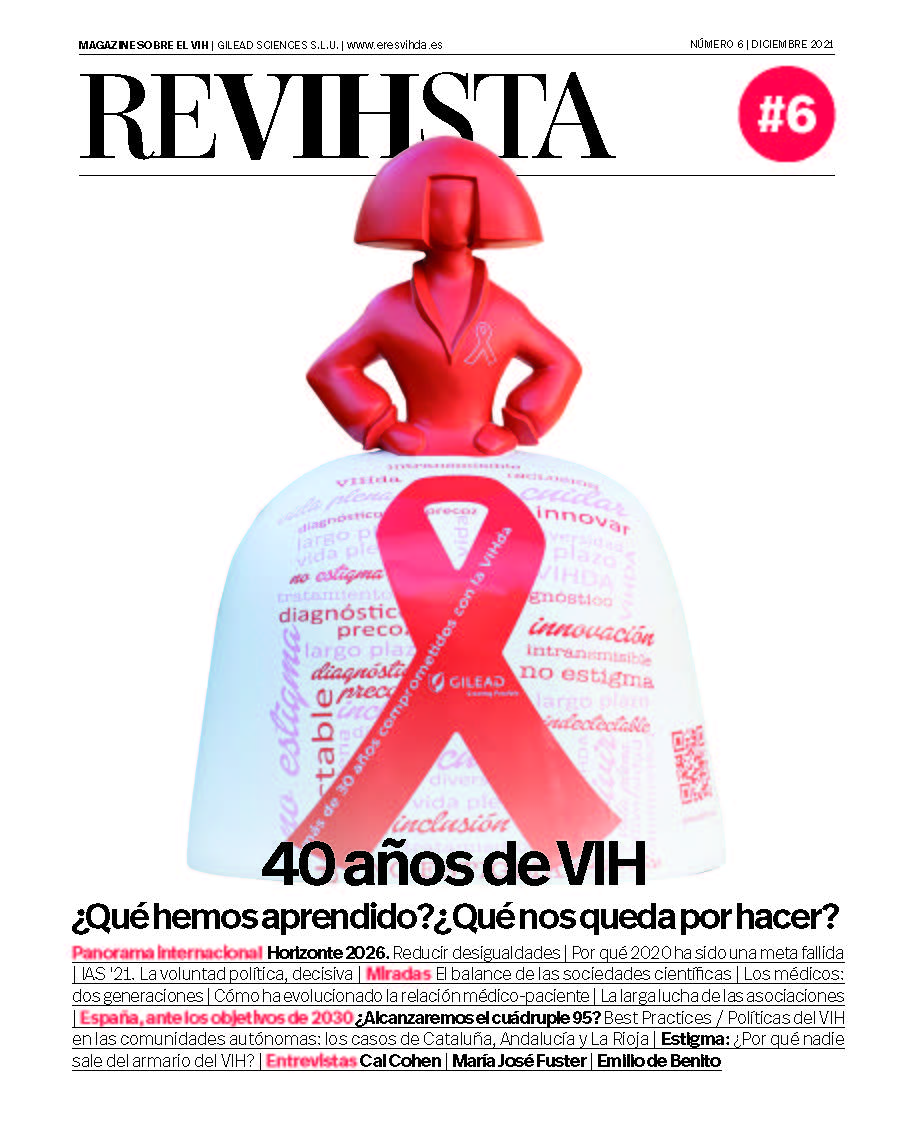Catálogo general VIH

Experiences after HIV diagnosis amongst people with recently acquired HIV in Spain
Resumen
Introduction and objectives: The aim of our study was to understand the experiences of people with recently acquired HIV after HIV diagnosis. Methods: We conducted semi-structured interviews with individuals from the multicentre cohort CoRIS who had recently acquired HIV (HIV-negative to HIV-positive = 1 year or other laboratory evidence of seroconversion) in 2023-24. Data were synthesized using Rapid Assessment Procedure (RAP) sheets and analysed thematically. Results: Nine individuals from 5 centres were interviewed (1 cisgender and 1 transgender woman, 7 cisgender men) of which 7 had primary HIV infection, and 7 were tested because they were feeling sick or had a sexually transmitted infection. All of them experienced negative feelings at first after diagnosis, such as: guilt; suicidal ideas; uncertainties about the treatment; rage against their partner; and fears of getting sick, dying, undergoing changes in physical appearance, not being able to lead a normal life, transmitting HIV to their partners or families, and disclosing the diagnosis to previous partners. All participants were willing to start treatment straight away. Eventually, most participants came to terms with the diagnosis and the initial negative feelings were resolved or mitigated. The things that most helped and reassured them was experiencing that the treatment was working and support from their partners, families, friends and the HIV clinic. All participants felt supported by their HIV clinic (doctors and nurses), and most by their close family or friends. Participants perceived HIV had impacted on their lives, with difficulties such as limiting their sex life, having work problems because of appointments, being rejected by previous sex partners, not being able to donate blood or organs, or fear of disclosing their diagnosis. However, some stated that being diagnosed with HIV was a good thing because it had led them to have a healthier and more organized life. All of them had disclosed their HIV diagnosis to their partners, and some to close family and friends. Reasons for not disclosing their HIV status included fear of rejection, feeling it was something private, or not wanting their family to suffer or people to feel sorry for them. Conclusions: People with recently acquired HIV were greatly impacted by HIV diagnosis. They initially experienced negative feelings that were eventually mitigated or resolved. Being on treatment and experiencing it was effective, and receiving support from their health practitioners, close friends and family, helped them overcome the initial difficulties.
Autoría:
SUÁREZ GARCÍA, Inés; GÓMEZ GARCÍA, Teresa; MARCO SÁNCHEZ, Cristina; HERNANDO JEREZ, Asunción; BERMEJO PLAZA, Laura; PÉREZ ELÍAS, María Jesús; CORRAL CARRETERO, Saray; DANS VILLÁN, Laura; FERNÁNDEZ, Analuz; JARRÍN VERA, Inmaculada
Autoría institucional: CoRIS (Cohorte de la Red de Investigación en Sida) (España)
Autoría institucional: CoRIS (Cohorte de la Red de Investigación en Sida) (España)
Ficha bibliográfica
- Año de publicación:
- 2024
- Descripción física:
- [1] p.
- Formato:
- Folleto
- Notas:
- Póster presentado en el XV Congreso Nacional Gesida celebrado en Zaragoza (España) del 24 al 27 de noviembre de 2024.





